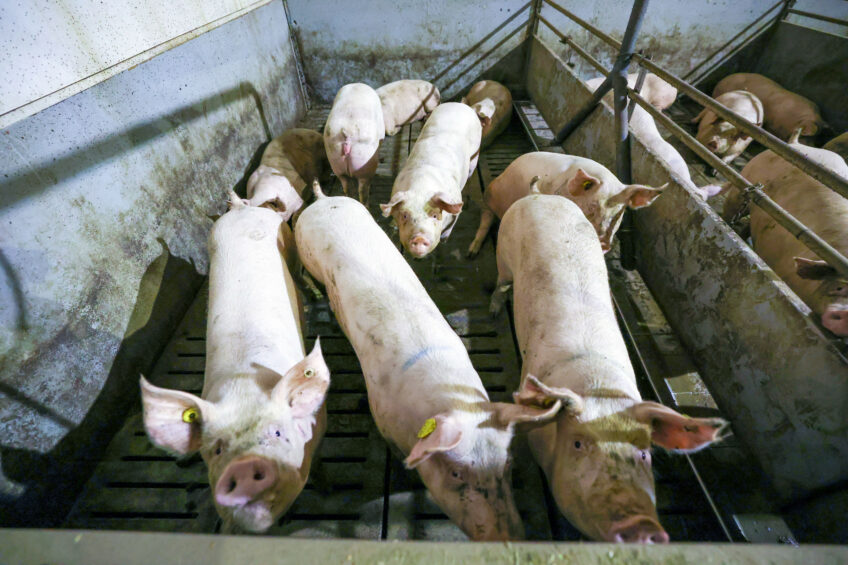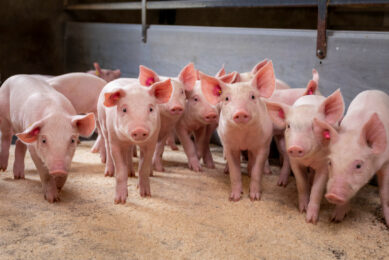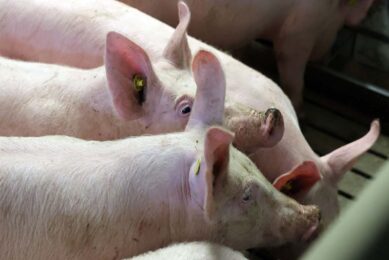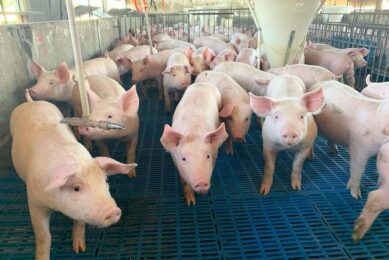FDA approval for technology to breed PRRS-resistant pigs

The United States Food and Drug Administration (FDA) has granted approval to swine genetics company PIC for the gene edit used in its pig resistant to Porcine Reproductive and Respiratory Syndrome (PRRS). The FDA determined that the technology is safe and effective.
The gene edit will be used to breed the company’s PRRS-resistant pigs, but the company adds that the approval does not automatically trigger commercialisation in the US.
In a press release, the company said that it “becomes among the first companies to gain approval for gene editing in commercial livestock in the US.”
“Milestone for the entire pork industry”
PIC’s COO Matt Culbertson was quoted, saying it was a “major milestone for consumers, farmers and the entire pork industry.” He said, “We have spent years conducting extensive research, validating our findings and working with the FDA to gain approval.”
Also quoted was Banks Baker, the company’s global director of product sustainability. He said, “Addressing PRRS can allow us to improve animal welfare and reduce the environmental impact of raising pigs. Recent research indicates that PRRS increases the need for antibiotics by more than 200%. Plus, a recent ISO-conformant lifecycle assessment found that eliminating PRRS could reduce greenhouse gas emissions by 5% in the US.”
“Pork from PRRS-resistant pigs is no different”
“While the disease-resistant technology is new, pork from PRRS-resistant pigs is no different than the pork consumers already know and love,” PIC wrote in the press release, “except for resistance to the infection caused by the PRRS virus. This was confirmed by a recent study which reviewed 97 meat quality and composition data points.”
Colombia, the Dominican Republic and Brazil have already issued positive determinations for the technology used in PRRS-resistant pigs, meaning those countries will regulate them the same as any other pigs.
Culbertson concluded, “We are committed to the responsible and intentional introduction of the PRRS-resistant pig around the globe. Gaining FDA approval for the technology is an important step in this process, and we are working with additional countries to gain regulatory approval and protect global trade prior to initiating sales and delivery.”











